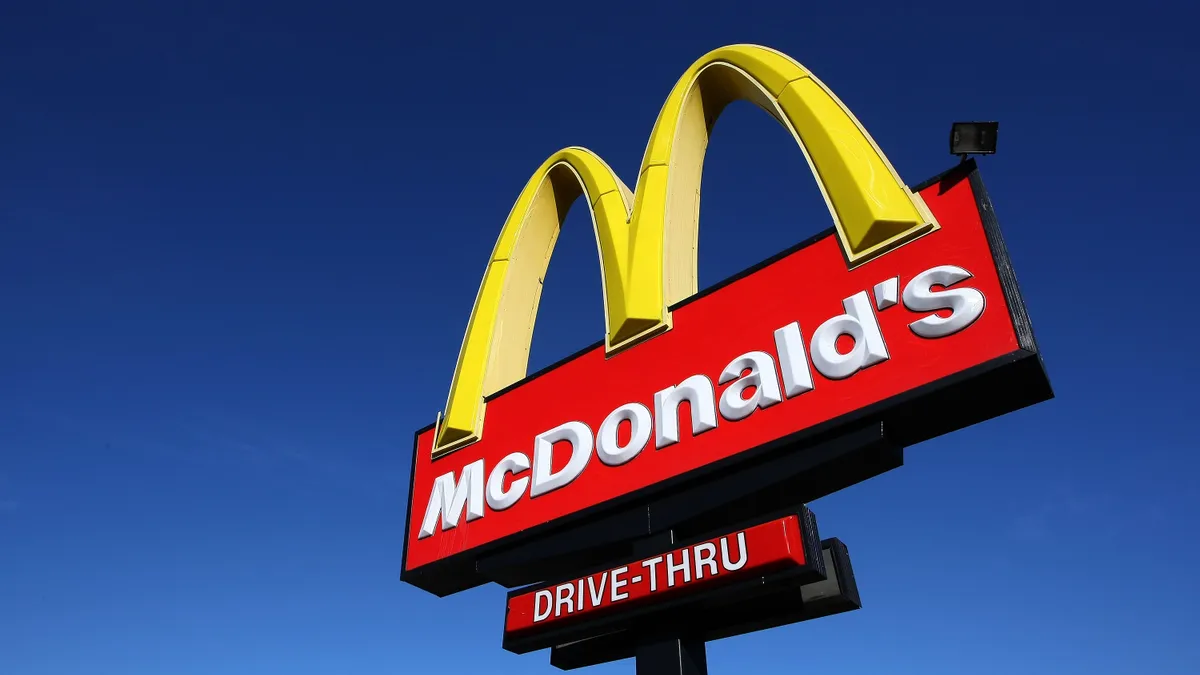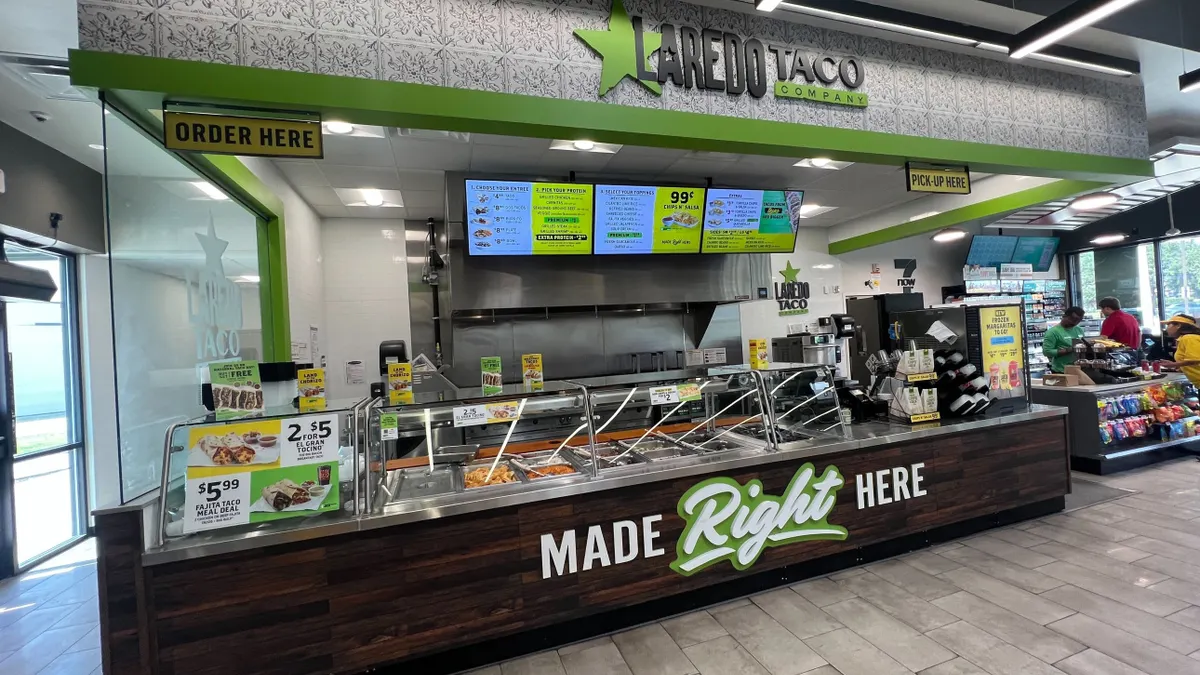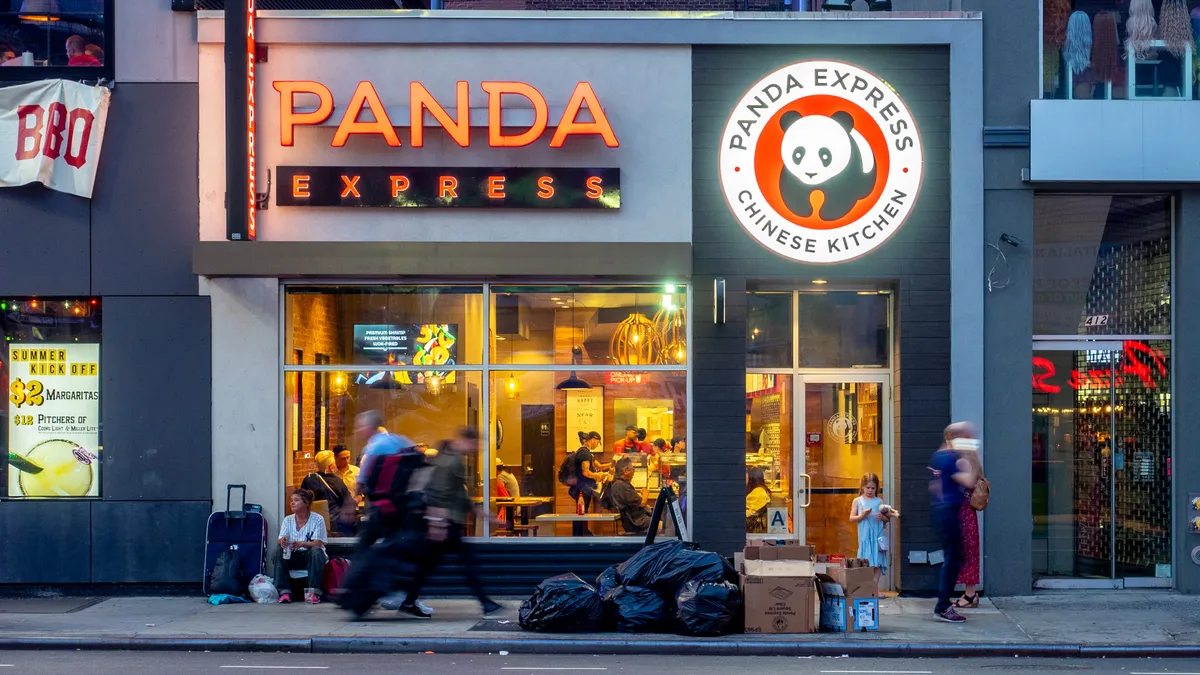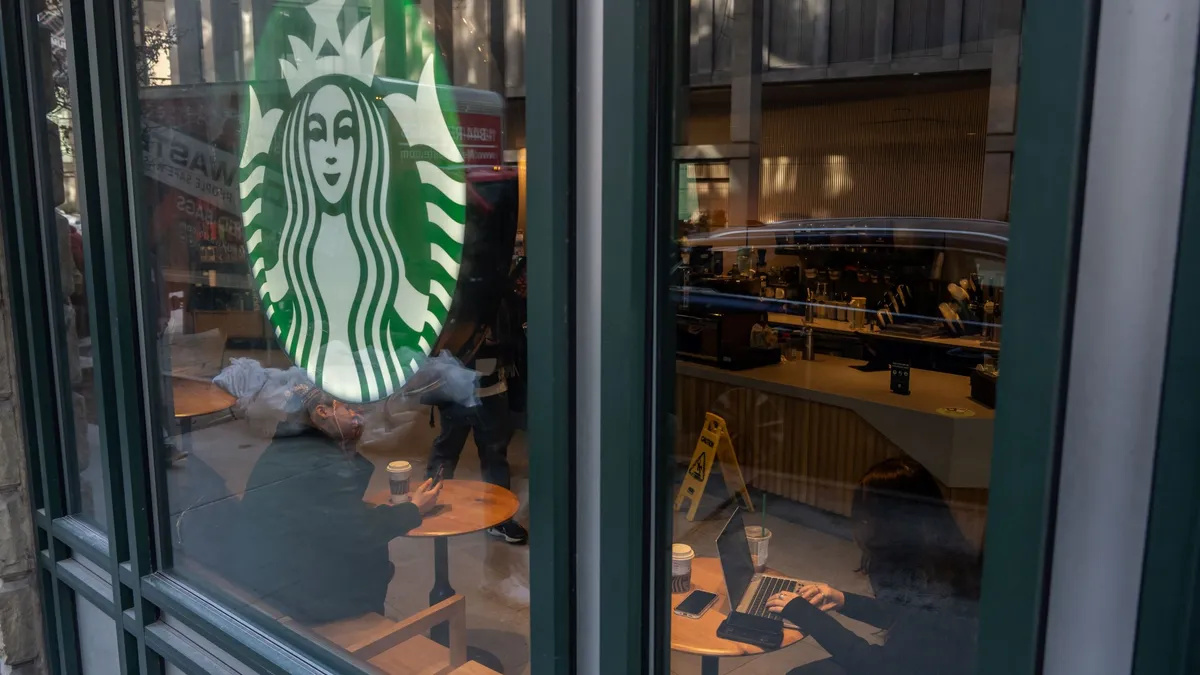Franchisees of McDonald’s, Kentucky Fried Chicken, Burger King and Wendy’s face a class action lawsuit challenging an Alabama prison labor system as a form of coerced labor and convict leasing, according to court documents filed this week.
According to the suit, filed by incarcerated workers and joined by several labor unions, the state of Alabama received “a labor-trafficking fee equivalent to 40% of the gross earnings paid by the private employers for the forced labor,” creating a fiscal incentive for the state to maximize the number of workers subject to forced labor.
The suit also alleges that Alabama Department of Corrections rules on labor stoppages gave employers the ability to subject incarcerated workers to conditions “unlikely to be tolerated by free workers without resistance,” including long shifts in dangerous conditions, managerial harassment and low pay.
The plaintiffs allege that ADOC and state officials, including Gov. Kay Ivey and Attorney General Steve Marshall, created a system that uses multiple forms of coercion to force prisoners to work for low pay. ADOC “enforces express rules that severely punish incarcerated people both for refusing to work and for encouraging work stoppages, including by imposing physical restraint, extending the duration of confinement, and requiring additional forced labor from those who reject work assignments,” the suit claims.
The suit alleges that Black workers were especially harmed by the prison work system, and said it was underpinned by a “racist conspiracy,” by state officials to disproportionately incarcerate Black people.
Lakiera Walker, who worked at a variety of businesses, including a Burger King, said in a video sent to Restaurant Dive that the rules enforced by the DOC left people with no option but to work.
“We worked for years; forced labor actually. But you did it anyway because you didn't want to risk not seeing your family, not having any visitation, phone calls,” Walker said. “You did what you had to do to survive. And I did that for 15 years.”
Workers who engaged in strike actions or other forms of labor protest within the Department of Corrections itself, or at employers using incarcerated labor, faced retaliation, including solitary confinement, which United Nations experts describe as a form of torture. The ADOC punished a series of strike actions — which culminated in a month-long strike with thousands of participants in 2022 — by “reducing the food supply to the strikers; physically abusing and punishing them, including by placing in solitary confinement strike leaders and work-release workers who refused to work as strikebreakers.”
At least one worker at an Alabama Kentucky Fried Chicken was denied parole after refusing to work due to a low wage rate that was subject to deductions by prison officials. His manager at KFC, however, wrote a letter in support of his parole, the suit alleges. The DOC’s system of deductions meant workers nominally paid Alabama’s $7.25 minimum wage earned, in effect, as little “$2.06 per hour.”
One McDonald’s worker, who asked for time off for mental health, was told “any failure to work, even for health reasons, will be considered a refusal to work and will result in a disciplinary offense,” per the suit.
The Union of Southern Service Workers, a labor group backed by the Service Employees International Union, and the Retail, Wholesale and Department Store Union, an affiliate of the United Food and Commercial Workers Union, joined the suit because Department of Corrections rules around work stoppages and worker advocacy make it difficult to organize and represent workers in industries using incarcerated workers.
According to the suit, C.B.A.K., a McDonald’s franchisee, employed at least 122 incarcerated workers between 2018 (the beginning of the period covered by the suit) and September 2023. C.B.A.K. workers allegedly were coerced to work for the company. The suit alleges that violent and unsafe conditions within the Alabama prison system, in addition to the ADOC’s prohibition of work stoppages, effectively coerced workers into accepting employment.
Premier Kings, a Burger King franchisee that recently sought Chapter 11 protections, employed at least 23 workers through the “convict leasing” scheme described in the suit, including 20 in this fiscal year. Likewise, Southeast Restaurant Group-Wen, a Wendy’s franchisee, employed 11 such workers, including seven in FY 2023. Pell City Kentucky Fried Chicken, a KFC franchisee, used 50 incarcerated workers over the time span covered by the suit.
Convict leasing was a practice developed in Southern states following the American victory in the Civil War, wherein employers leased workers from state prisons in a form of coerced labor that evaded the 13th Amendment’s prohibition on slavery and involuntary servitude. That system, according to the Equal Justice Initiative, generally declined during the New Deal period. The suit filed in Alabama alleges the coercive aspects of prison labor have revived the practice of convict leasing.
None of the four fast food brands named in the suit responded to requests for comment before press time.




















